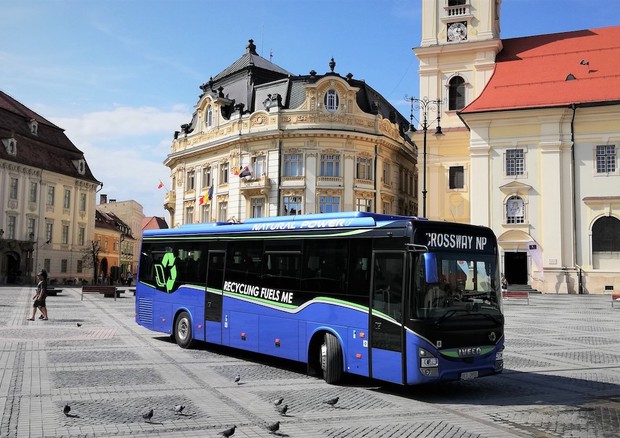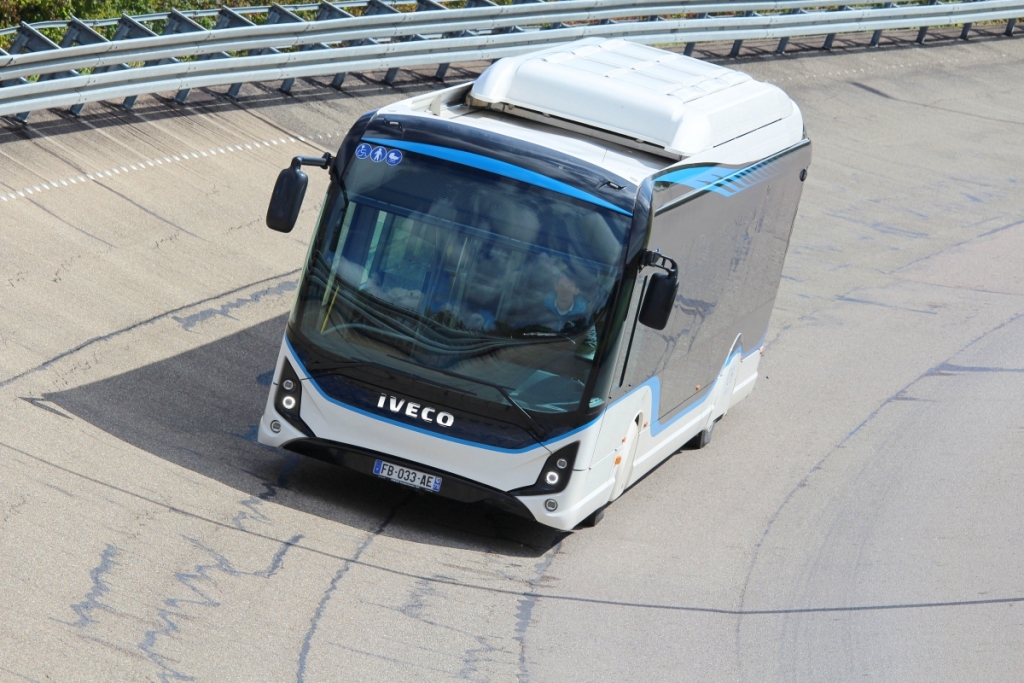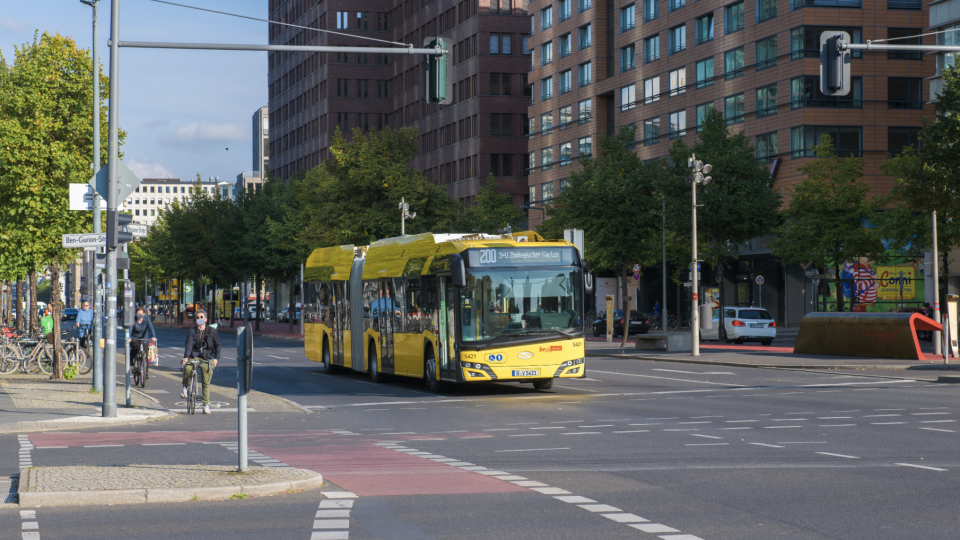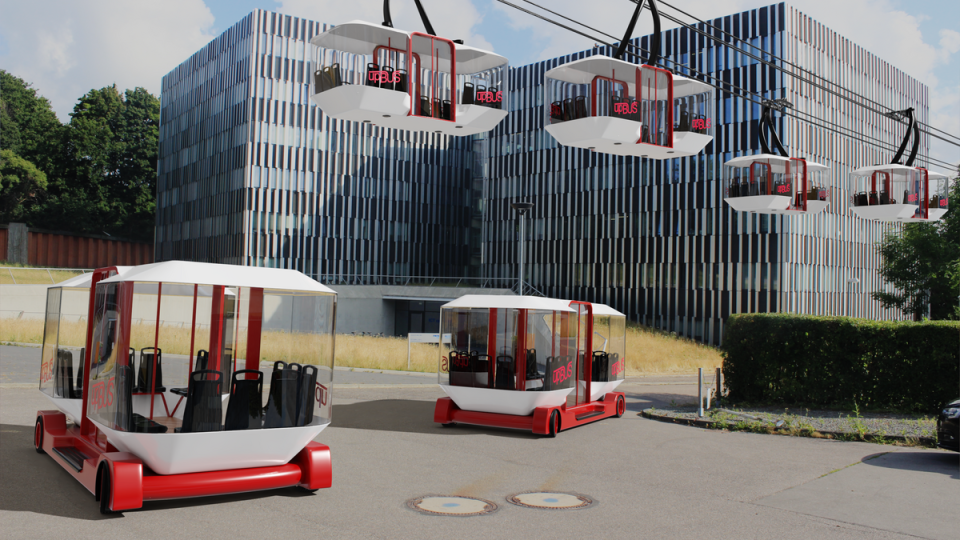CNH Industrial suspends the majority of its European assembly operations
CNH Industrial announced today that, in light of the supply chain constrains caused by the COVID-19 emergency in Europe, it is suspending the majority of its European assembly operations for a two week period. This suspension applies to the Company’s agricultural, construction, commercial and specialty vehicles production facilities. The announcement follows similar communications from Daimler […]

CNH Industrial announced today that, in light of the supply chain constrains caused by the COVID-19 emergency in Europe, it is suspending the majority of its European assembly operations for a two week period. This suspension applies to the Company’s agricultural, construction, commercial and specialty vehicles production facilities. The announcement follows similar communications from Daimler (from this week) and Scania (from 25th March) groups.
“The decision to shut down our European assembly plants for a two week period is driven by disruptions in our European supply chain, that do not allow for an efficient operation” said the CEO said Hubertus Mühlhäuser.

CNH Industrial facilities operational at low speed
Most component facilities will remain operational at low speed, always in strict compliance with national health directives, in order ensure the continuation of supply to the Company’s manufacturing facilities located outside of Europe, CNH Industrial points out.
European parts depots and most dealer locations will also remain open to maintain uninterrupted service to its customer base. CNH Industrial is working in close consultation with unions and works councils to implement the temporary shut downs and the re-opening of the plants.
A shut-down driven by supply chain disruptions
Alongside these measures, and those already in place at the Company’s locations around the world, the CNH Industrial’s COVID-19 global taskforce is constantly monitoring the situation in all markets in which it operates, and will take further measures as required, while continuing to respond to end market demand and service requirements for its mission critical capital goods.
“The Company takes the health and wellbeing of its entire workforce very seriously, and we have implemented all measures to protect the employee population, as well as to help in the fight to contain the spread of the pandemic,” said Hubertus Mühlhäuser, Chief Executive Officer, CNH Industrial. “The decision to shut down our European assembly plants for a two week period is driven by disruptions in our European supply chain, that do not allow for an efficient operation. During these temporary shutdowns, we will also undertake further extensive sanitization and deep cleaning procedures” concludes Mr. Mühlhäuser.










